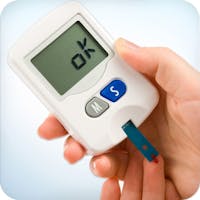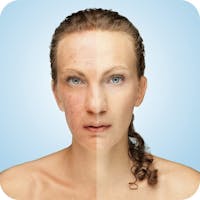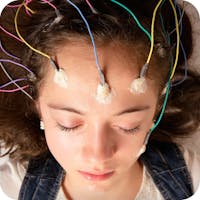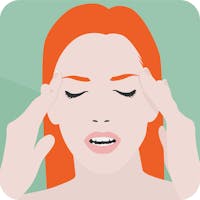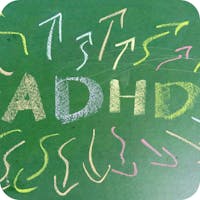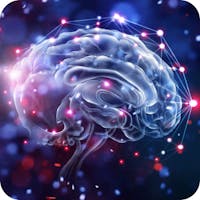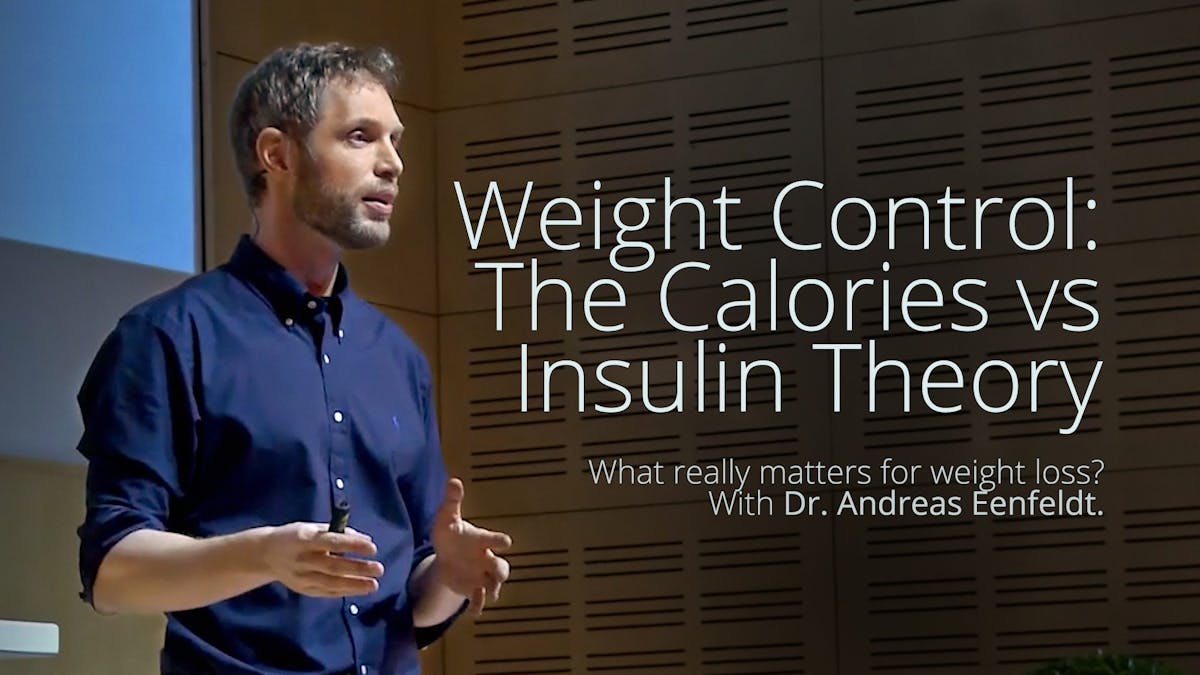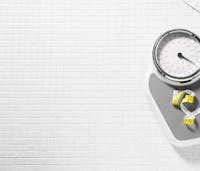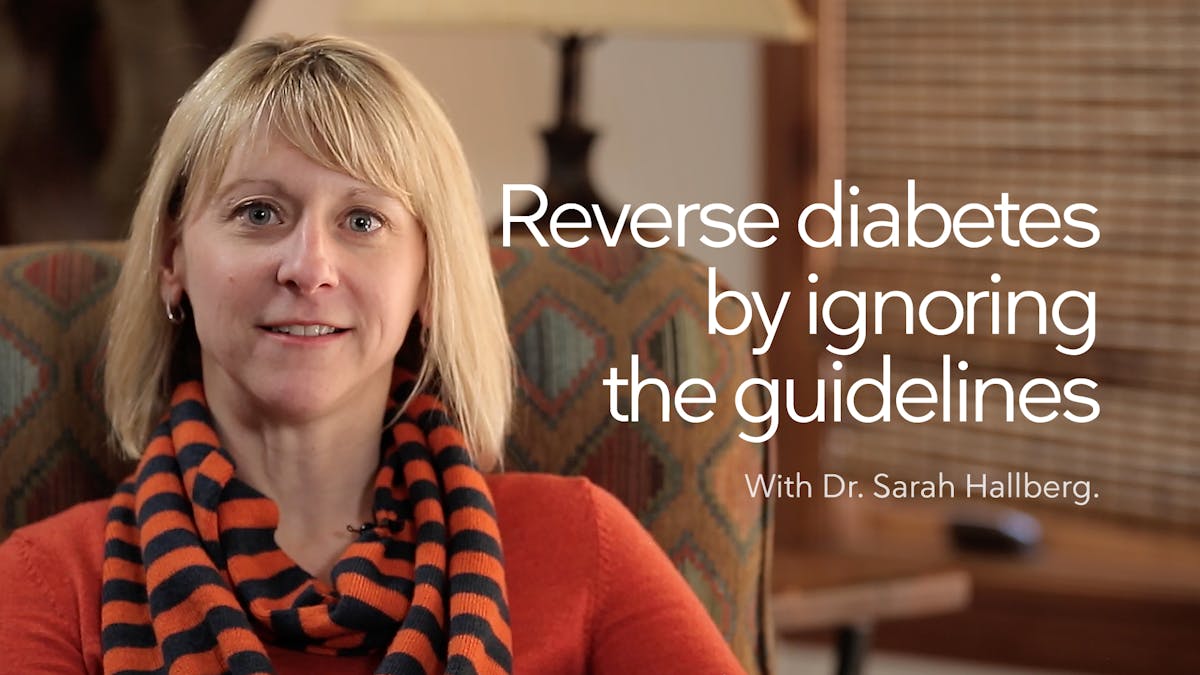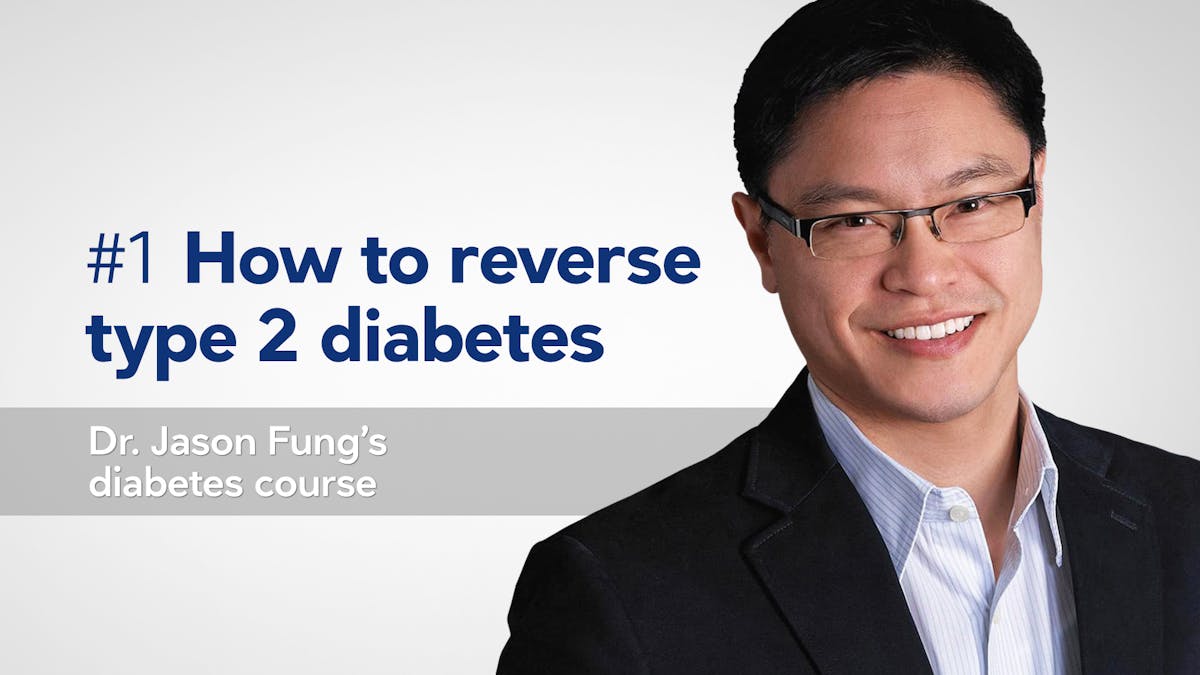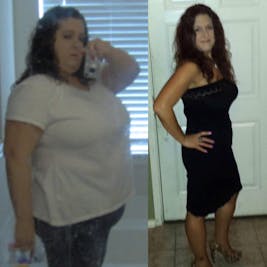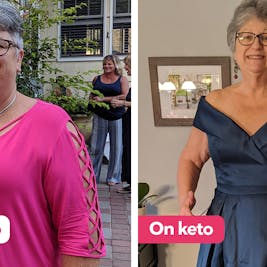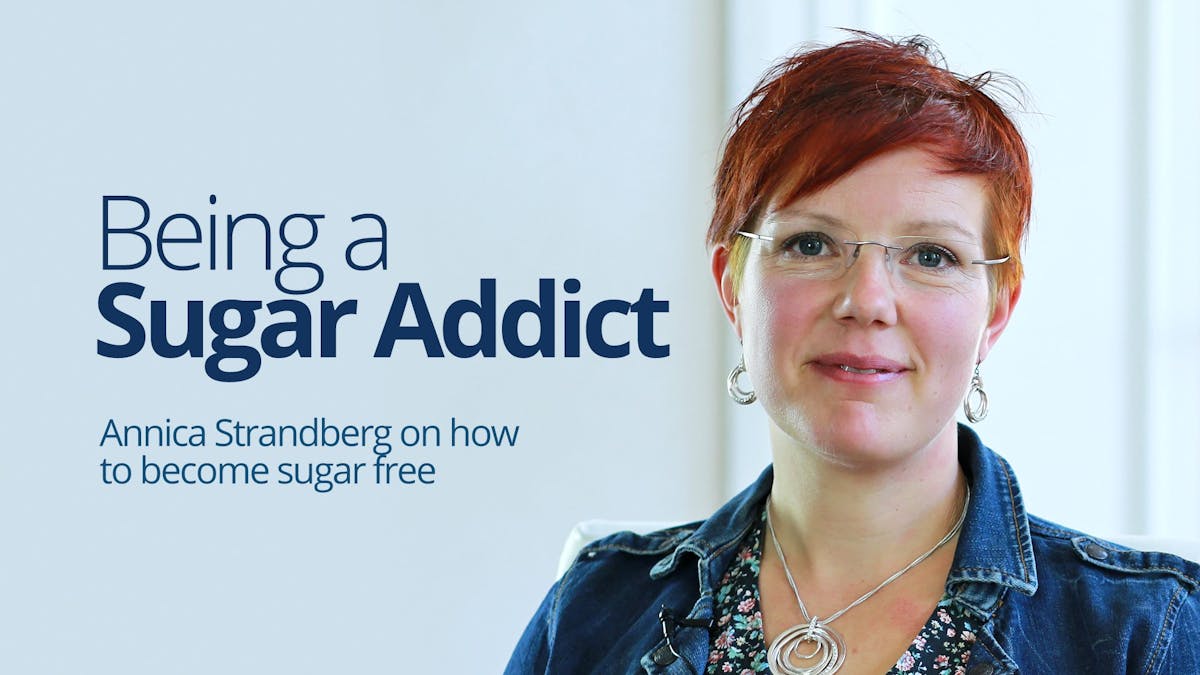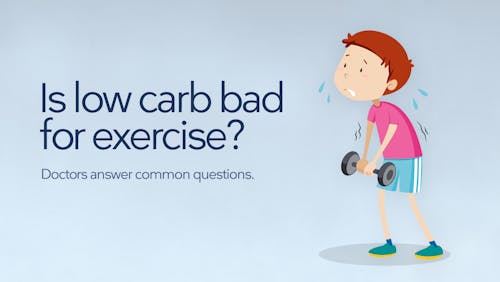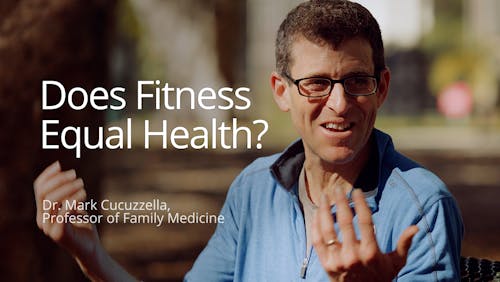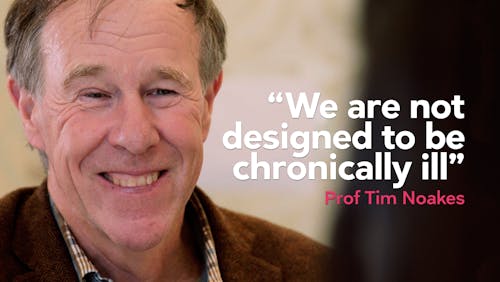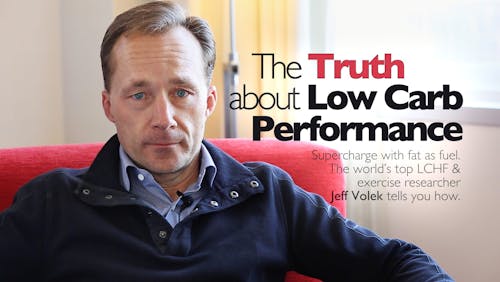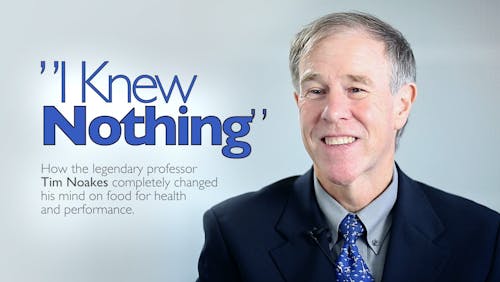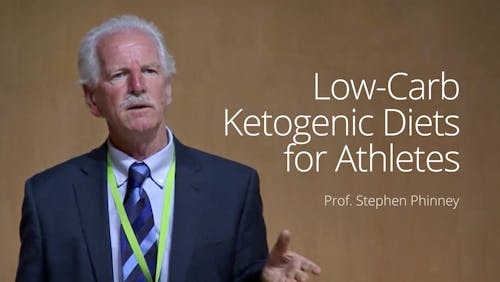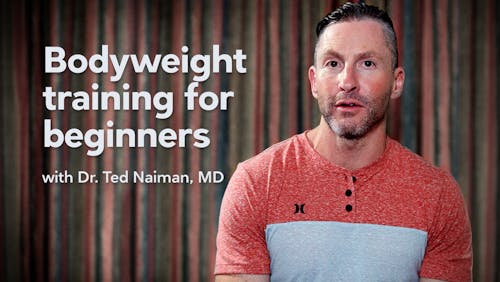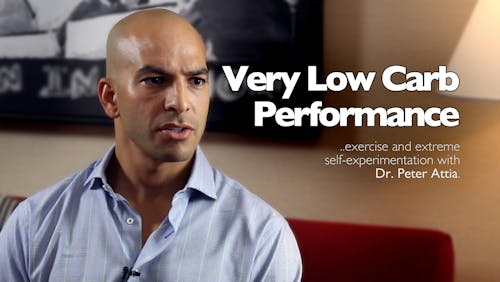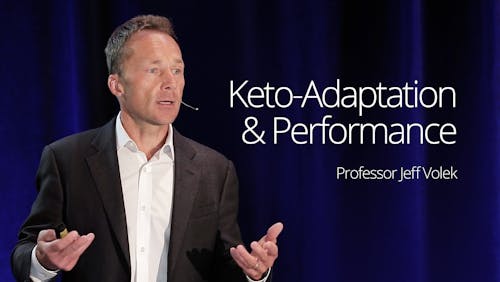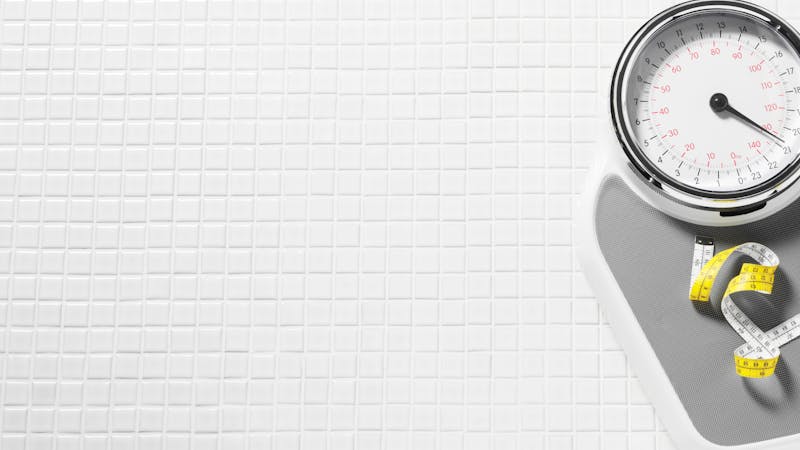Low-carb benefits
and how to maximize them
Why should you consider eating fewer carbs? There are many potential benefits, at all ages (although there’s hardly ever a reason for healthy kids to do a strict low-carb diet).
Here are some of the main benefits, and how to adapt a low-carb diet for your specific needs, to maximize the positive effects on your health.
The four most common benefits
More common benefits
Possible, less certain benefits
Other potential benefits
There’s even science-based speculation that a ketogenic diet might increase longevity and potentially help treat or reduce the risk of cancer.
Anecdotal evidence
There are many other disorders that people often report improvements in, but where there’s still no reliable science to prove an effect. This includes many pain disorders, fibromyalgia, and snoring/sleep apnea.
Whether these common improvements are all due to weight loss (which often has a positive effect) and reduced tissue swelling (low carb has a well-known diuretic effect) is hard to say.
Losing weight on low carb



Low carb has been used as a weight loss method for at least 150 years, and modern studies confirm that it is more effective than other diets.
So why does it work and, more importantly, how can the effect be maximized?
It’s hardly a coincidence that avoiding carbohydrates – like sugar and bread – has a special effect, beyond just focusing on calories. Carbohydrates, more than other foods, stimulate the release of the hormone insulin. And insulin is the body’s main fat-storing hormone.
This means that to lose excess body fat your number one goal should be reducing insulin levels. And to do this, the first and most important thing is to eat fewer carbs – a low-carb diet. For many people this is enough to reach their goal weight.
Here’s a story of success, including the best tips and tricks.
How it works
Weight loss is often simply thought of as a question of calories – eat less, and burn more, and you’ll lose weight. This is true in theory, but not very practically useful – as evidenced by a massive obesity epidemic during the period when people believed this.
The big problem with focusing on calories is that it ignores hunger. It ignores the body’s regulation of its fat stores. It ignores the fact that we do not eat calories, we eat food. And food is so much more than just calories. Some food (usually low carb) makes you feel satisfied. Other things (like soda) just make you even more hungry.
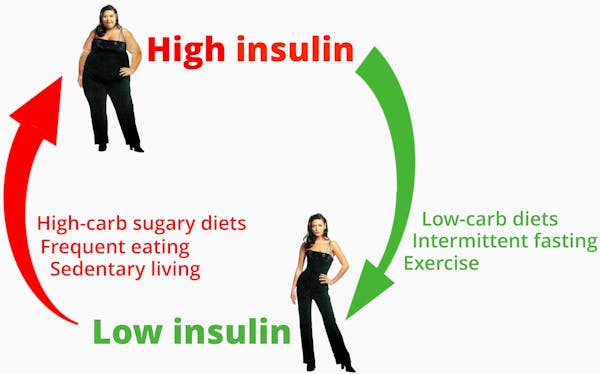


This is done by altering the hormonal balance. And one hormone above all others is fundamental to do this: the fat-storing hormone insulin.
Lowering insulin increases fat burning, enabling the release of stored body fat. In the long run, this results in reduced hunger and even increased energy expenditure, even without exercise.
Learn much more here:
The full guide
If you want to maximize your weight loss on low carb, or if you hit a weight plateau without reaching your goal, then check out our full weight-loss guide below.
Reverse your type 2 diabetes with low carb
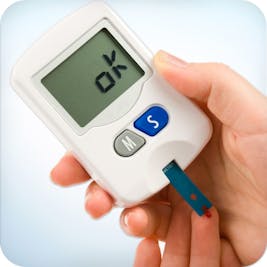


It’s very unsurprising that low-carb diets work well for reversing type 2 diabetes. The main problem in diabetes is too high blood sugar levels – and the sugar in the blood comes from the carbohydrates that we eat.
So, if you eat fewer carbohydrates, it’s very logical that it becomes easier for the body to control its blood sugar levels.
Lots of people have tried low-carb diets and reversed their type 2 diabetes (or controlled their type 1 diabetes). And many doctors have experience in treating their patients with unbelievably good results – here are a few of them:


Stories
Here are two success stories, including their best tips and tricks.
The full guide
If you want to learn more about how to reverse your type 2 diabetes on low carb, or troubleshoot if you run into any problem, check out our full guide below. Alternatively choose the Quick start guide with only two simple steps!
Blog
There are more than 300 posts on diabetes and low carb on the Diet Doctor blog. Get all the news here
Most popular success stories
Calm your stomach using low carb
It’s extremely common to experience less stomach problems on low carb. Specifically there’s usually a lot less gas, stomach cramps and less risk of diarrhea. Many people also experience less heartburn.
On the other hand, the risk of constipation may increase. If this turns into an issue, check out our guide to avoiding constipation.
Beat your sugar cravings with low carb
A low carb diet without sweeteners is very effective at reducing sugar cravings. Not only will you feel satisfied, but also your cravings for sweets will also be significantly reduced.
For many people this is enough to stay away from sweets, enabling weight loss, type 2 diabetes reversal and other health benefits. But if you’re truly addicted to sweet foods then low carb is just a necessary start. You may also need to learn about other tools and tricks to stay sugar free and reap the benefits.
Here are stories of success and our video course with a food addiction expert.
Learn more
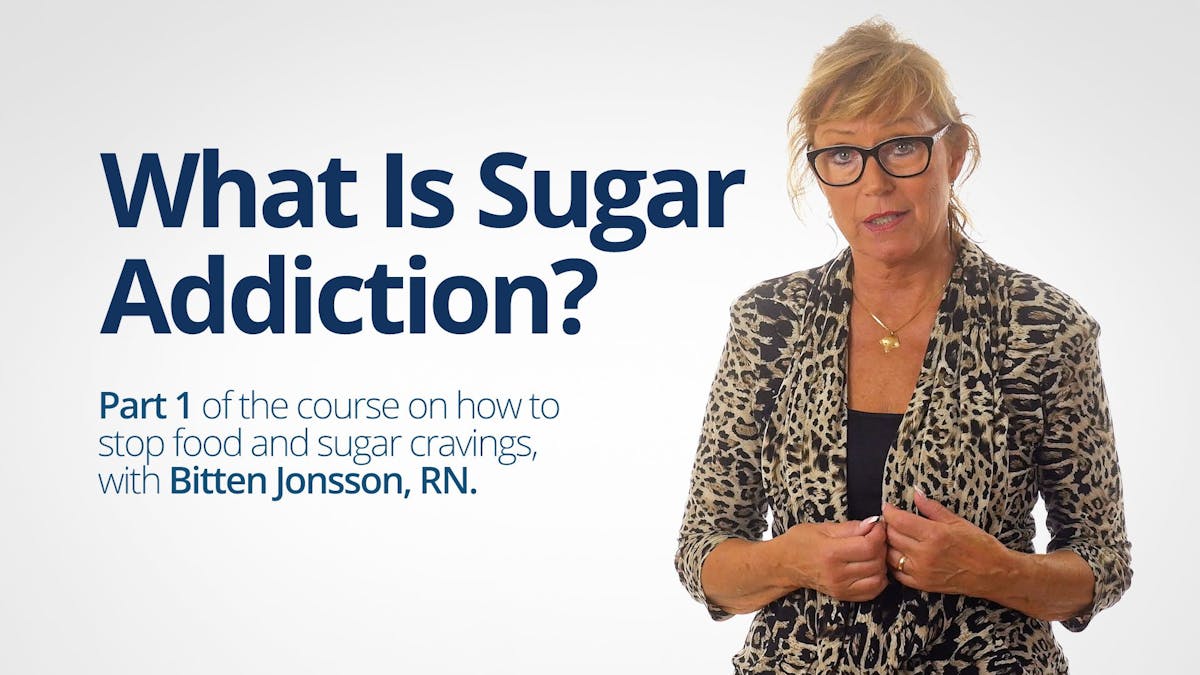

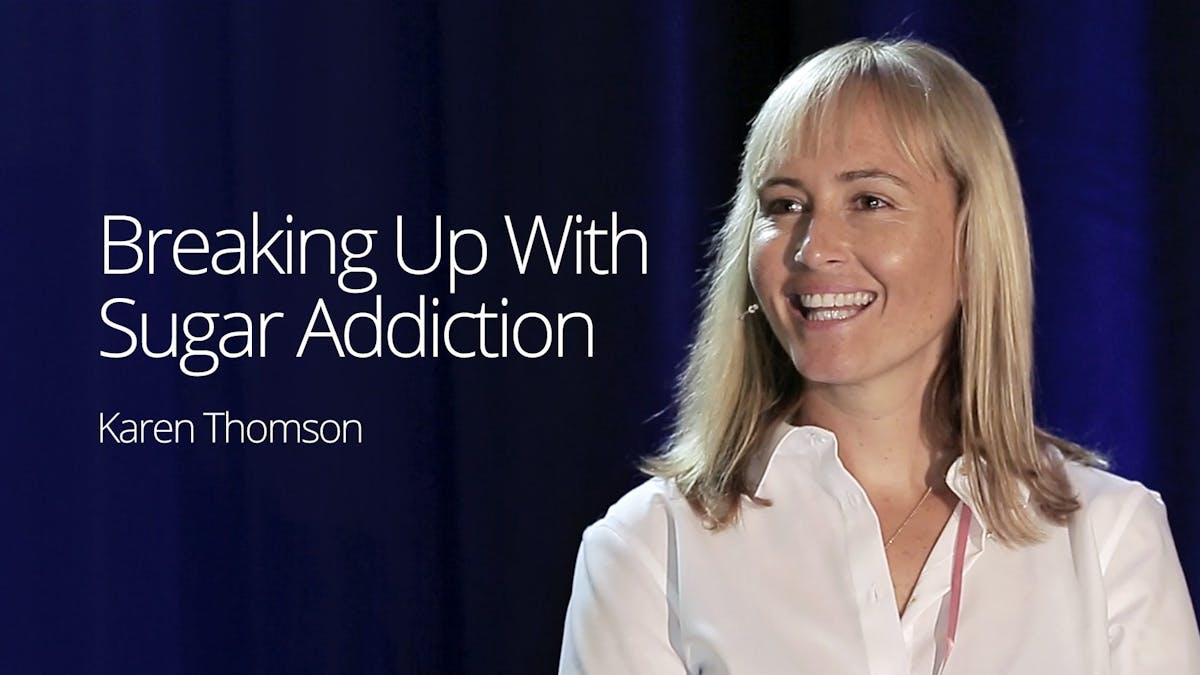

Reduce acne problems with low carb
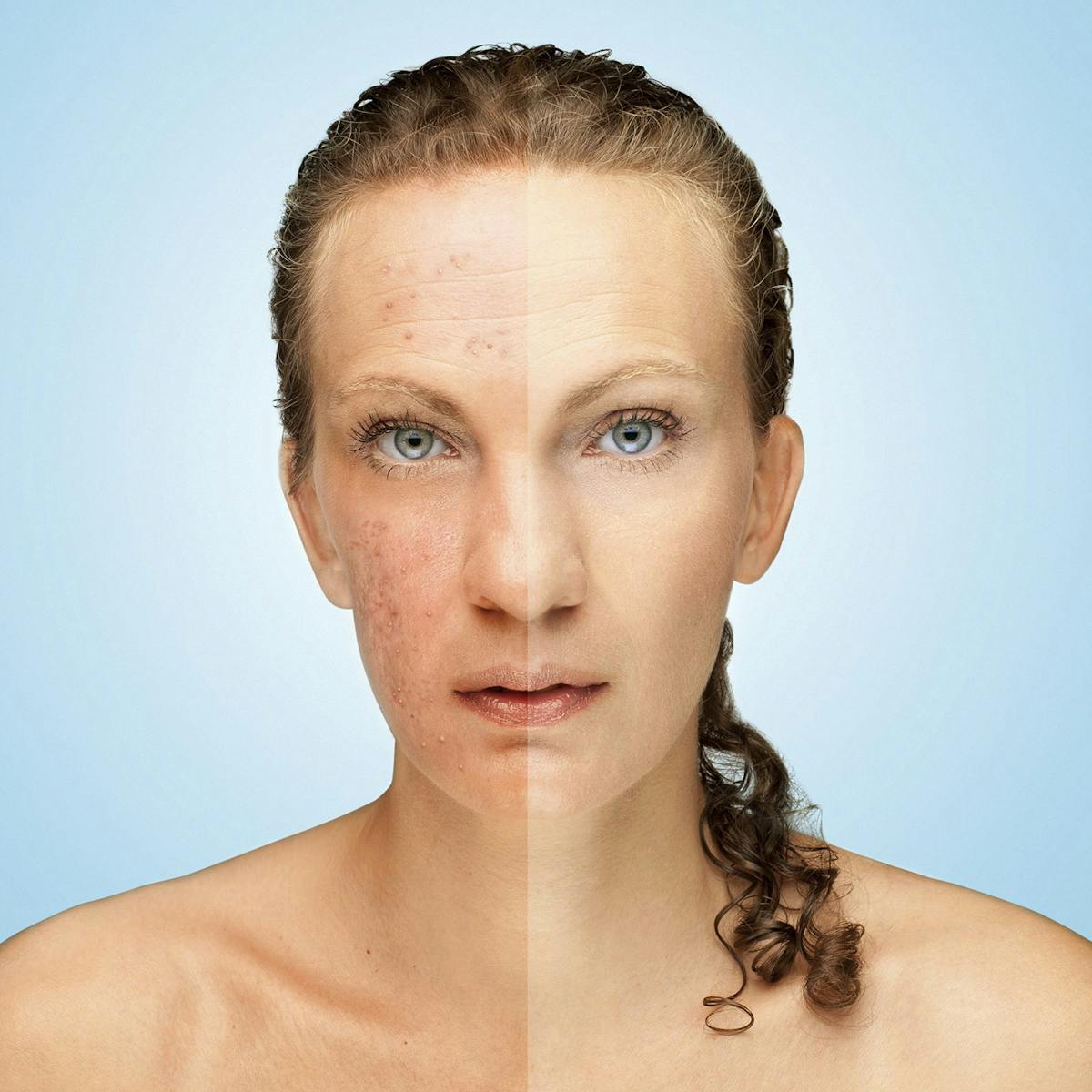


This is very likely no coincidence, as modern studies show a probable connection between high-glycemic (high-carb) diets and acne.
This may be caused by the effect on growth hormones like insulin and IGF.
To improve acne, your best bet is a fairly strict low-carb diet – ideally one that is also low in dairy products. Here are our relatively strict and dairy-free low-carb recipes.
Learn more in our full guide: Can low-carb or keto diets cure acne?
Stories
- “For the first time in 15 years I’m free of acne”
- Maria got rid of acne and 44 pounds with LCHF
- Acne (and IBS) vanished with a diet change
Physical endurance



The body’s supply of stored carbohydrates (glycogen) only lasts for a couple of hours of intense exercise, or less. But the fat stores carry enough energy to easily last for weeks or even months.
The problem is that when your body is used to burning primarily carbohydrates – as is the case with most people are today – your fat stores are not easily available, and they can’t fuel your brain. This results in your constantly having to fill up by eating before, during and after longer exercise sessions. Or even just to fuel your daily activities and avoid “hanger”.
On a ketogenic diet this problem is solved. As the body and brain can easily be fueled 24-7 by your powerful fat stores, you can keep going forever, like the Energizer Bunny.
Whether you are going for a physical endurance feat, or just staying focused on reaching some other goal, your body has the fuel it needs to keep you going and going.
Two problems
So, why do most people believe that carbs are necessary to perform exercise? There are two reasons. To unlock the power of ketogenic diets for physical endurance, and not instead suffer reduced performance, you need:
- Enough fluid and salt. When starting low carb, it is very important to drink a large glass of water with a half teaspoon of salt 30–60 minutes before exercising. This can make a huge difference in performance.
- Two weeks of adaptation to burning fat – it does not happen instantly. The second cause of reduced early performance is not as quickly fixed. It simply takes time for the body to transition from being a sugar-burner to burning primarily fat for energy, even in the muscles. This may take takes weeks or a even a few months. The more you exercise while on a low-carb, high-fat diet, the quicker this will happen. The end result has many benefits (see below).
Increasing performance
While transitioning to a low-carb, high-fat (LCHF) diet often reduces early physical performance, there are many long-term benefits. This is something that has only recently begun to be appreciated. In fact, a lot of elite athletes are now experimenting with LCHF diets, and in some cases they are crushing the competition.
The benefits of LCHF diets in sports are mainly seen in long-distance running and other endurance events. The body’s fat stores are huge and dwarf the minuscule glycogen stores. This means that once an athlete has transitioned to burning fat instead of carbohydrates, he or she will be able to perform for long periods of time without needing much (if any) additional food for energy.
This frees the athlete from having to activate his or her gastrointestinal organs during activity. Instead, a large amount of blood flow can instead be directed to the muscles. This also minimizes the risk of stomach problems during the activity.
Another benefit comes from the reduction of body fat that usually occurs on low carb. This reduction in body fat percentage and lightening of the body is a huge bonus for most sports.
Learn more
Do you want to learn much more about maximizing your physical performance on low carb? Then check out our interviews with several of the world’s leading experts on the topic, as well as movies and advice from people with their own experience to guide you:
Control epilepsy with fewer or no drugs
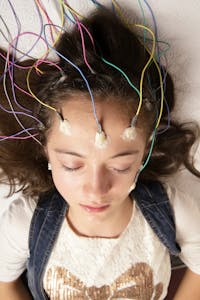


More recently, it has also been tested successfully on adults with epilepsy, with similar good results. There are many high-quality studies proving how effective the ketogenic diet is at decreasing seizures in patients with epilepsy.
A key benefit of the ketogenic diet in epilepsy is that it generally allows people to take fewer anti-epileptic drugs, and still control the epilepsy. It’s not unusual for them to be able to completely stop taking these drugs while staying seizure-free.
As all of these medications have side effects – like drowsiness, reduced concentration, personality changes or even reduced IQ – being able to take fewer or no drugs can be hugely beneficial.
A ketogenic diet for beginners
Stories
Here are five stories from people who have experienced the benefits of low carb for epilepsy:
- How the editor-in-chief became free of epilepsy
- “Without a doubt, definitely the best decision I have ever made”
- “Butter and cheese saved my son”
- “The verdict was medication for at least 10 years”
- How a diet change can free people from epilepsy
Learn more
The Ketogenic and Modified Atkins Diets: Treatments for Epilepsy and Other Disorders
Reduce symptoms of ADHD with low carb
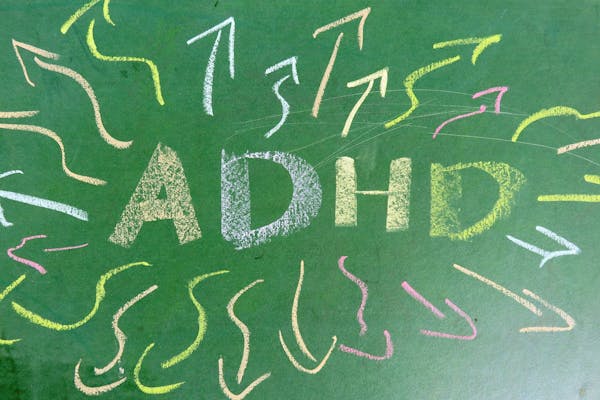


Parents everywhere seem to believe it, but some experts still claim that it’s a myth. It’s too early to say for sure – the science is not really settled yet.
A new review recommends more studies on long-term sugar intake and the risk of ADHD. And a large well-designed study published in 2011 clearly showed that a diet change (including less sugar and processed food) reduces symptoms in most kids with ADHD.
Thus, it should be possible to – at least – reduce symptoms of ADHD with a diet change.
According to scientific studies it may not be enough to just reduce sugar intake. But a reduction in all rapidly digested carbohydrates may have an effect – many parents experience reduced or eliminated symptoms of ADHD in their kids on low carb. This also happens in adults. Below are a couple of stories.
Success stories
Possible explanations
There are scientists who believe that ADHD symptoms are similar to withdrawal symptoms from drugs and thus may present because the child is addicted to junk food/sugar. If you remove this food, the problem would soon diminish, which seems to be a common experience among parents and teachers.
Another possible explanation is that large amounts of processed carbs may induce large swings in blood sugar. As the blood sugar goes down rapidly again (an hour or two after a meal) the body may have to release stress hormones like adrenaline to avoid low sugar. This may accentuate symptoms associated with ADHD. Avoiding processed carbs may stabilize blood sugars and thus avoid this problem.
More support
Observational studies give more support to the idea that processed carbohydrates may be at the root of the ADHD problem.
A recent study showed that American children who drink lots of soda have more issues with aggressive behavior and attention problems.
As many as 20 percent of boys in America are diagnosed with ADHD, usually resulting in medication with amphetamine-like stimulants. The rates of ADHD in US states have uncanny similarities to the rates of obesity (and drinking soda).
Omega-3 as a bonus?
Beyond a low-carb diet, supplementation with omega 3 fats may have a positive effect in many kids with ADHD according to a 2011 review of earlier studies.
Summary
There are reasons to believe that a low-carb diet may help many people with ADHD-like symptoms. Many people have experienced this and there are possible explanations for how it could work. Finally at least one high-quality study proves that similar dietary changes can have major positive effects in ADHD.
Have you tried it? Do you have experiences to share? Feel free to leave a comment below.
Next
Keep reading about Common questions and answers about low carb
More
Improve this page
Do you have any suggestion – big or small – to improve this page?
Anything that you’d like added or changed? Any other problems you’d like to see addressed?
Comment below or e-mail me at andreas@dietdoctor.com.


